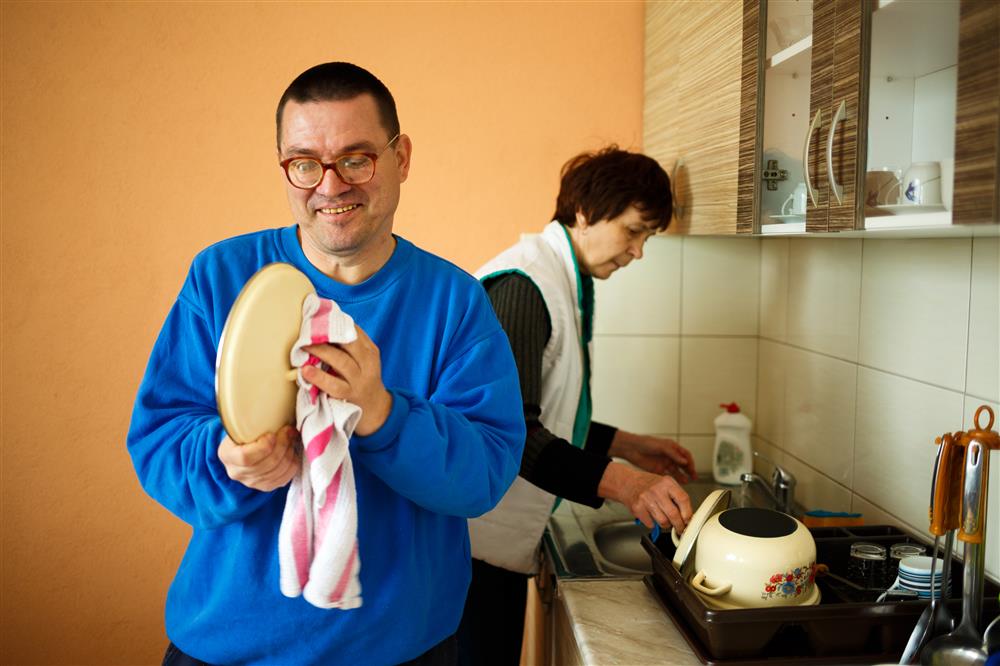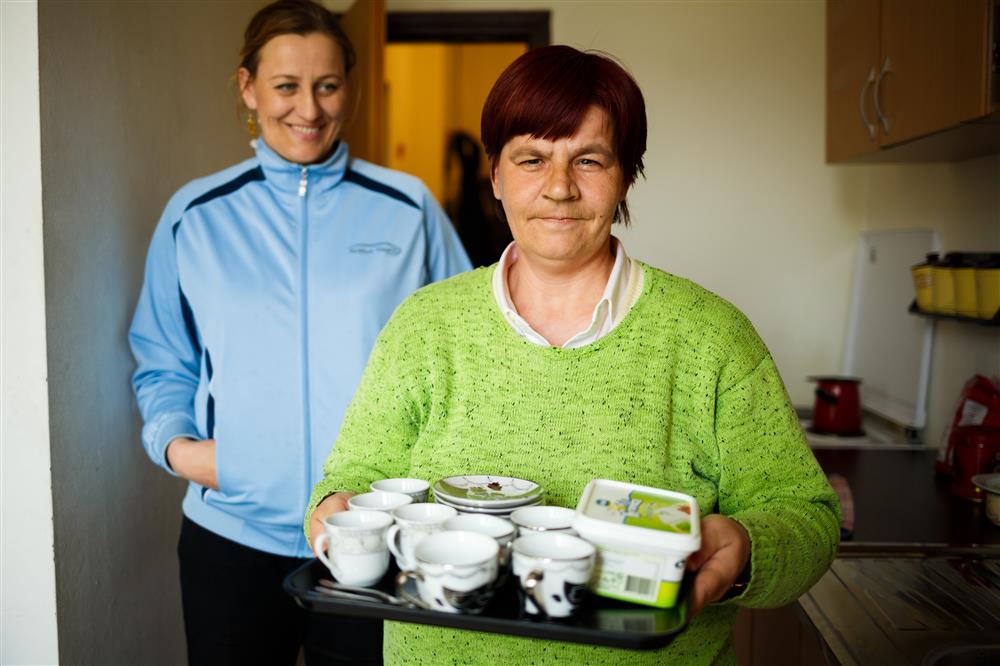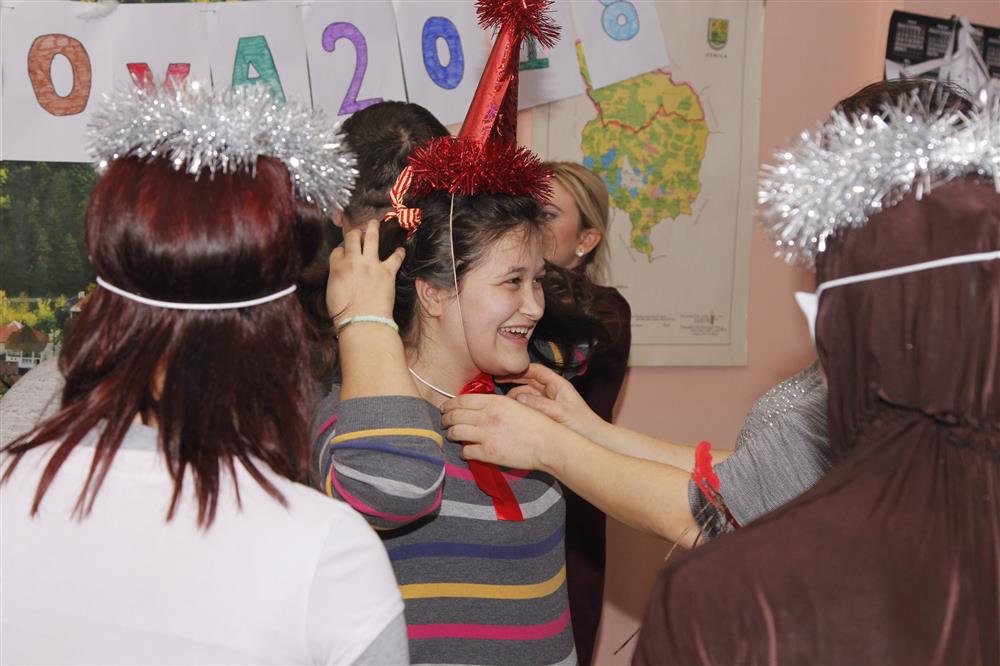Housing and person-centred support for persons with intellectual disabilities
- Organization
- Association Sumero
- Country of Implementation
- Bosnia and Herzegovina
- Region
- Europe
- Subregion
- Central and Eastern Europe
- Start Year
- 2011
- First published
- 31.01.2019

Solution details
“This model can be replicated to all parts of Bosnia and Herzegovina, but also to other regional countries that still haven’t initiated deinstitutionalization process.” Haris Haverić, Director Union SUMERO
Problems Targeted
Following the death of their parents, or when their parents and family are unable to support them, persons with intellectual disabilities often have only one option, and that is to be placed in an institution. In Bosnia and Herzegovina there are six institutions, where residents often have little choice in daily life, fostering isolation and an unrewarding existence.
Solution, Innovation and Impact
Union SUMERO is supporting persons with intellectual disabilities to live together in shared accommodations with support from assistants who support them to carry out daily tasks, and thus enable them to stay in their local communities. Beneficiaries choose who they want to live with in properties of up to five residents, and are supported in making their own choices in daily life, such as shopping, recreation, and work. They are also educated in their rights and self-advocacy, with the aim of recognizing that they are a key part of society. Union SUMERO began with just one house in 2011 as a pilot project, and by 2018 it had grown to 25 houses with 80 and a sustainable support service. When the project started, the local authorities of only two regions were supportive of the approach, but as of 2018 it was recognized as an official social service in all five regions in which it operates.
Funding, Outlook and Transferability
The programme is financed 70 per cent by the Ministry for Social Work and regional social work centres, with 30 per cent from foreign funders, including the Open Society Foundation, the US Agency for International Development, The Czech Development Agency, and the Washington-based Institute for Development Impact. Government support covers rent for beneficiaries plus basic life expenses such as food, clothes and furnishings. Union SUMERO is aiming to change attitudes towards persons with intellectual disabilities in Bosnia and Herzegovina by bringing them back into society; and it plans to continue this work by cooperating with more regional social work centres and by increasing the number of people housed in supported accommodation. By sharing the methodology and educating organizations wishing to carry out a similar programme, the practice is suitable for replicating in the Balkans and the former Yugoslavia where similar institutionalization models exist.
Media
Pictures
Videos
Downloads
Related information
- Connections
- 2
-
Organization
- People

